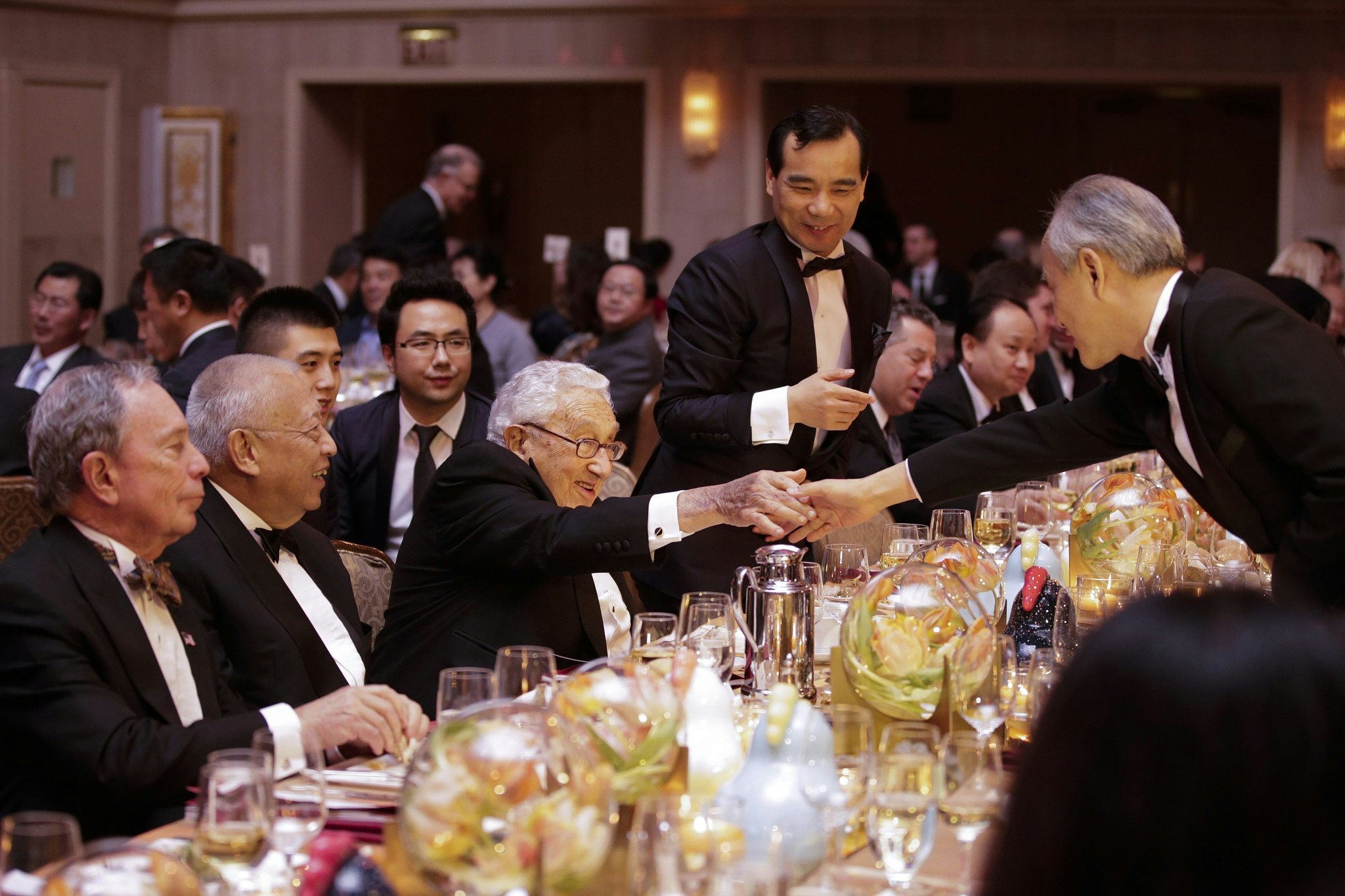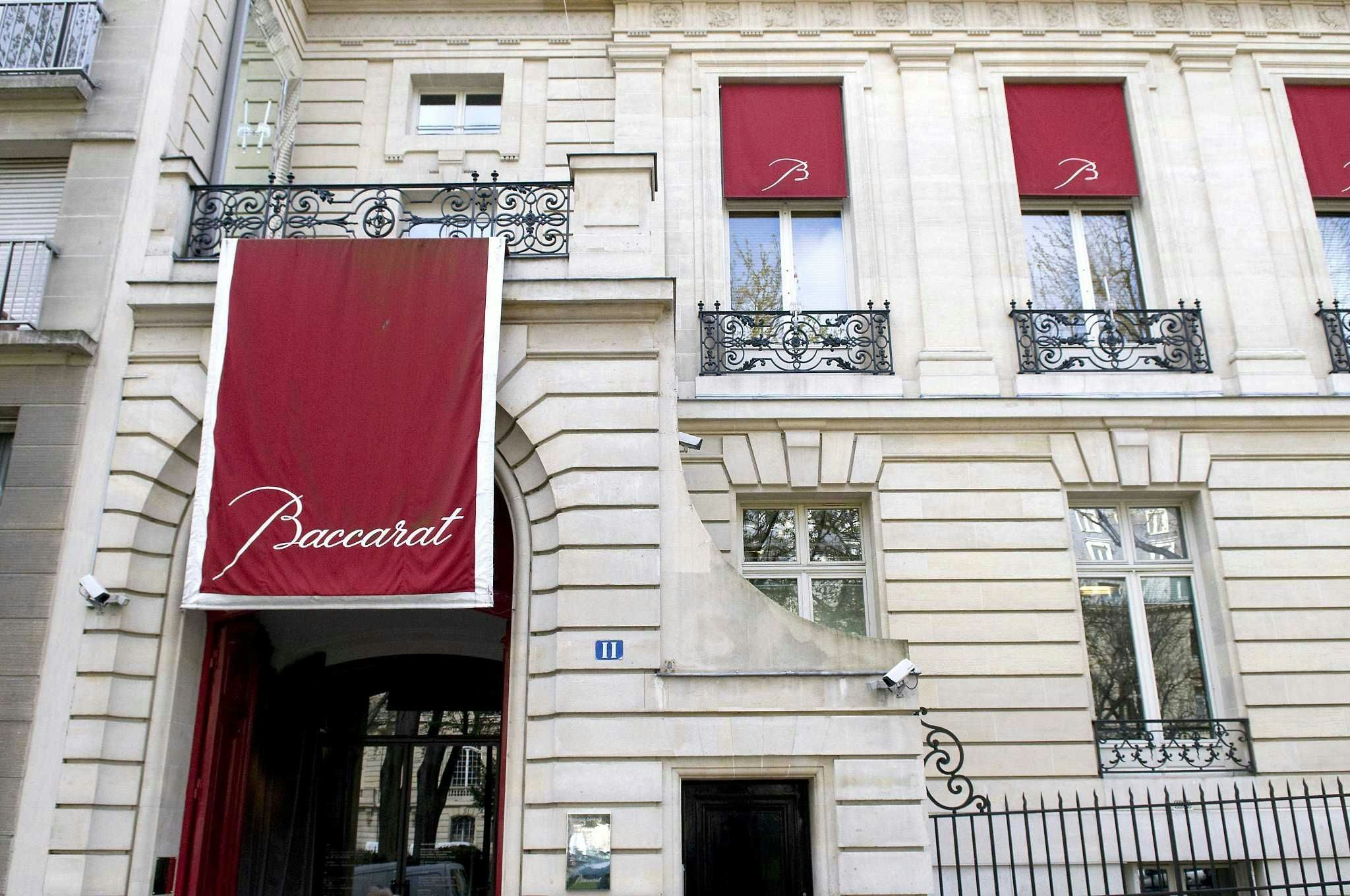Last week, Anbang Insurance Group's Wu Xiaohui, the Chinese tycoon who oversaw the purchase of the Waldorf Astoria Hotel, was sentenced to 18 years in prison. Facing a potential life sentence, Wu pleaded guilty to 10 billion dollars worth of financial fraud and related crimes, eventually being offered the lighter 18-year sentence.
Wu was chairman of Anbang until the Chinese government seized control of the conglomerate in February this year. The move placed the Waldorf Astoria--among the group’s other properties--in the hands of the Chinese government. His fate serves as a shocking reminder to all companies looking to enter the China market--choosing the right Chinese owners, partners, and employees is essential.
Of course, luxury brands are not the only companies impacted by China's challenging political climate. Last week, Conde Nast International stripped Blues To of a pending role as Managing Editor at GQ China. Reports cited “personal reasons” for the decision, but photos circulating on Chinese social media appeared to show To, a Taiwanese national, wearing a ribbon with the phrase “take back the Mainland”.
For many foreign brands seeking to hire senior employees in China or work with local business partners, choosing who can be most effective without overstepping can be a real minefield. So what can brands do to avoid getting it wrong?
Although growing organically is possible, hiring an experienced Chinese marketing agency is often a good place to start. Marketing agencies will assist clients in sourcing partners, distributors, logistics companies, and suppliers in China.
Domenica di Lieto, CEO of Emerging Communications, explained, “The selection process begins with identifying three or four prospect partners based on at least two recommendations for each, and getting to know them face-to-face, giving them small tasks, and seeing how they perform.”
Thomas Nixon, Client Services Director at Chinese Marketing Agency Qumin, told Jing Daily that exclusivity and brand awareness are vital when choosing a Chinese partner. “I’ve actually visited a well-known British fashion brand’s stores in different areas of China and they’ve all looked and felt completely different. They even have separate social media accounts all because they signed three partnership deals in different areas of China.”
Experts agreed it’s important for partnerships to be maintained properly, and to meet in person on a regular basis to maintain these relationships, keeping a close eye on what's going on. “Online does not work in creating or developing a partnership”, explained Di Lieto.
Di Lieto also said that “Briefing prospective partners should be done under an effective non-disclosure agreement, and the legal document must be drawn up by a Chinese lawyer. If the agreement documentation is flawed, the resulting partnership will be very one-sided. One must not presume that a 'yes' means the partnership will go ahead. Even with signed contracts, frequently, this is only the start of the process.”
Qumin CEO Arnold Ma also agrees that a “yes” doesn’t necessarily mean a deal will follow through in China, “Verbal agreements have less commitment value than they do in the west – the concept of “maintaining face” is very strong in China, much more so than in the west. For example, if a friend or colleague asks for a favour, most would say yes even if they know it can’t be done. It gives the asker more “face” if you say yes, and try but fail, than an outright no response. This creates a business culture of similar behavior, people say yes a lot in all kinds of scenarios to give or been seen as to have “face”. So be careful, and use caution when acting on information/commitments from verbal agreement.
What we do know is that in China, choosing the right business partner–be that an investor, employee, co-owner, manufacturer or distributor–can make or break a brand. Nowhere is this more evident than in China’s booming e-commerce industry, where many inexperienced luxury brands have been tentative to choose the right retailer for their business.
According to Nixon, when choosing a partner in China, finding one with experience working with other Western brands is important, and gives a sense the partners know their own limitations. “Often I’ve heard Chinese distributors saying they’re capable of taking on marketing for a luxury brand, and the same distributor is using a Hotmail email account. That value of brand just isn’t their top priority.”



